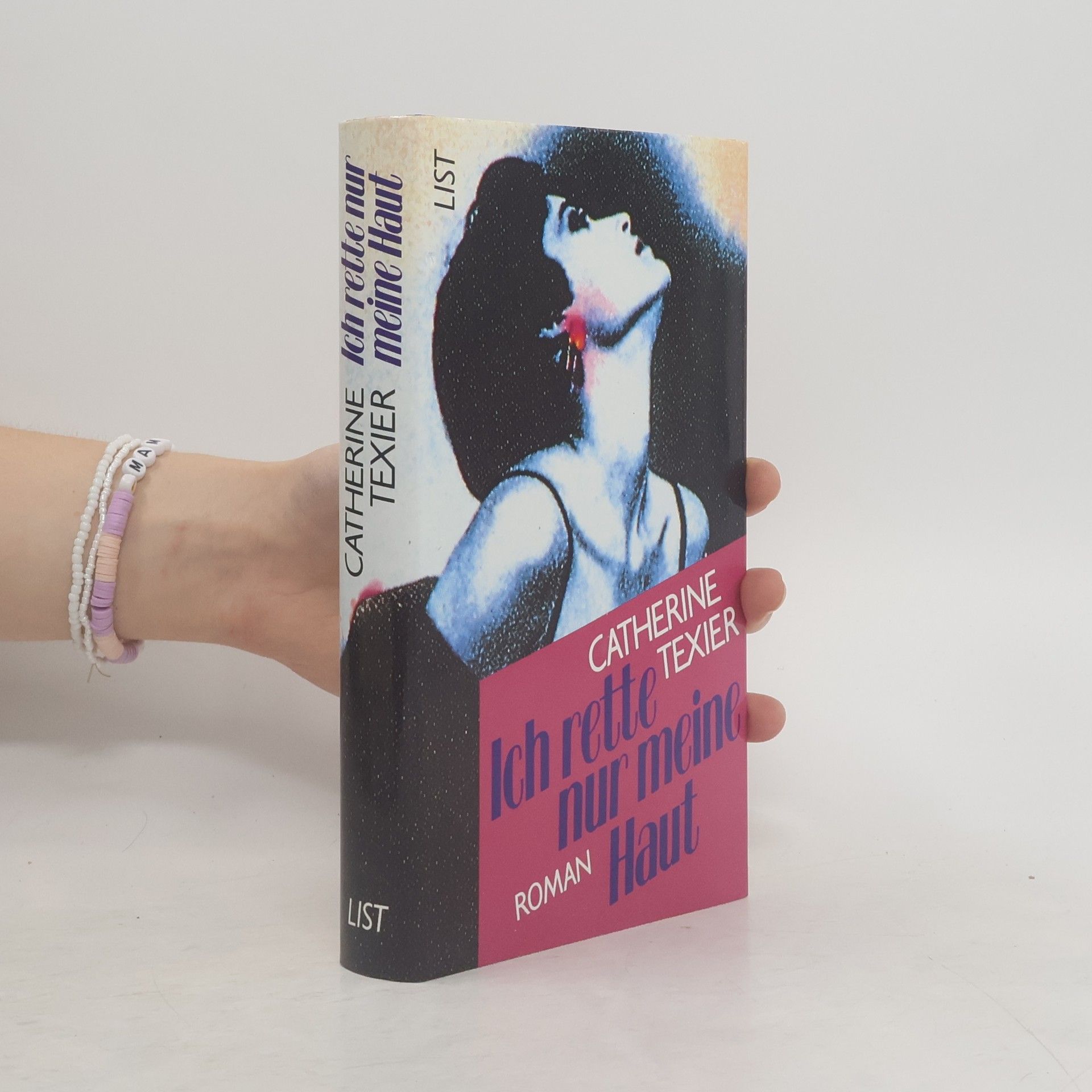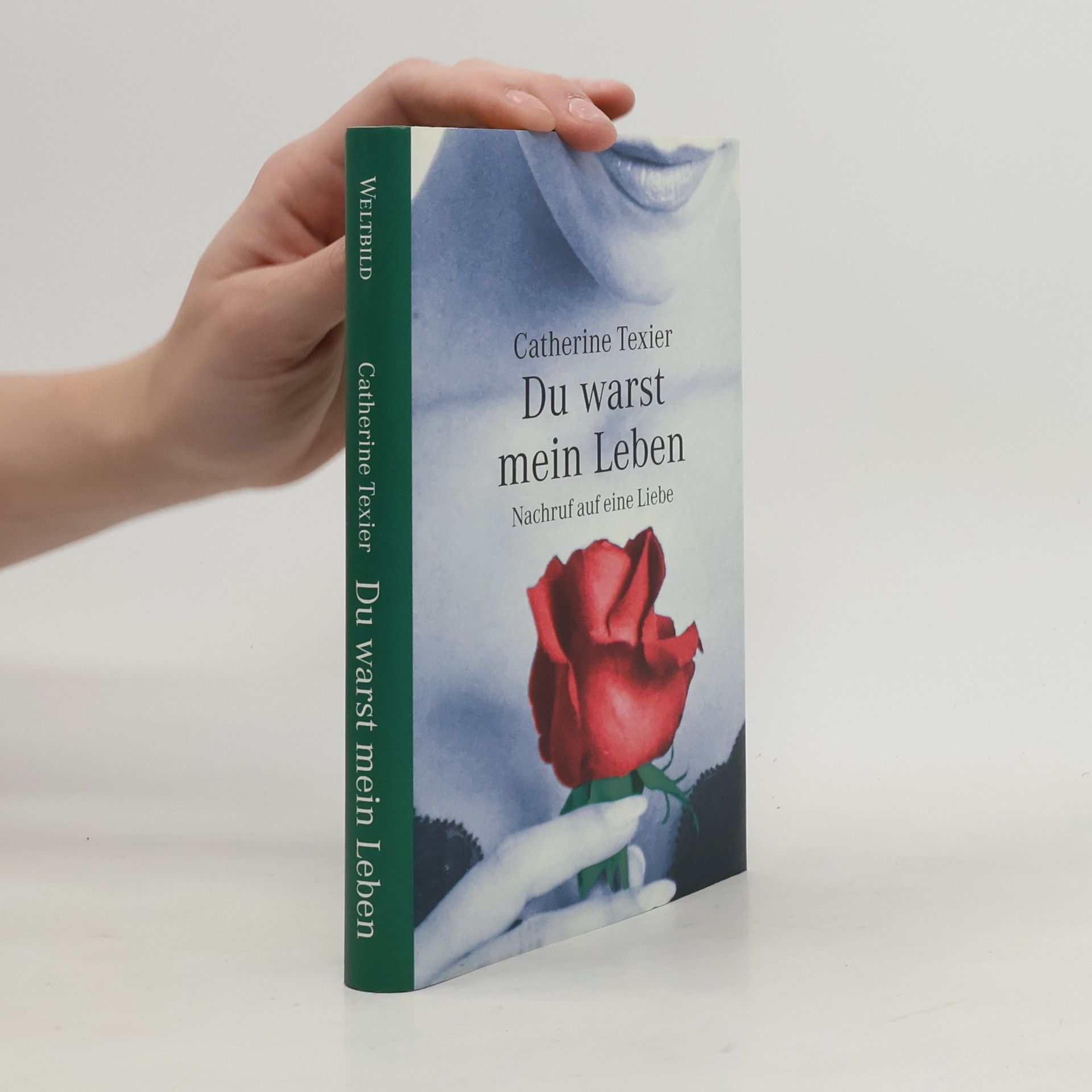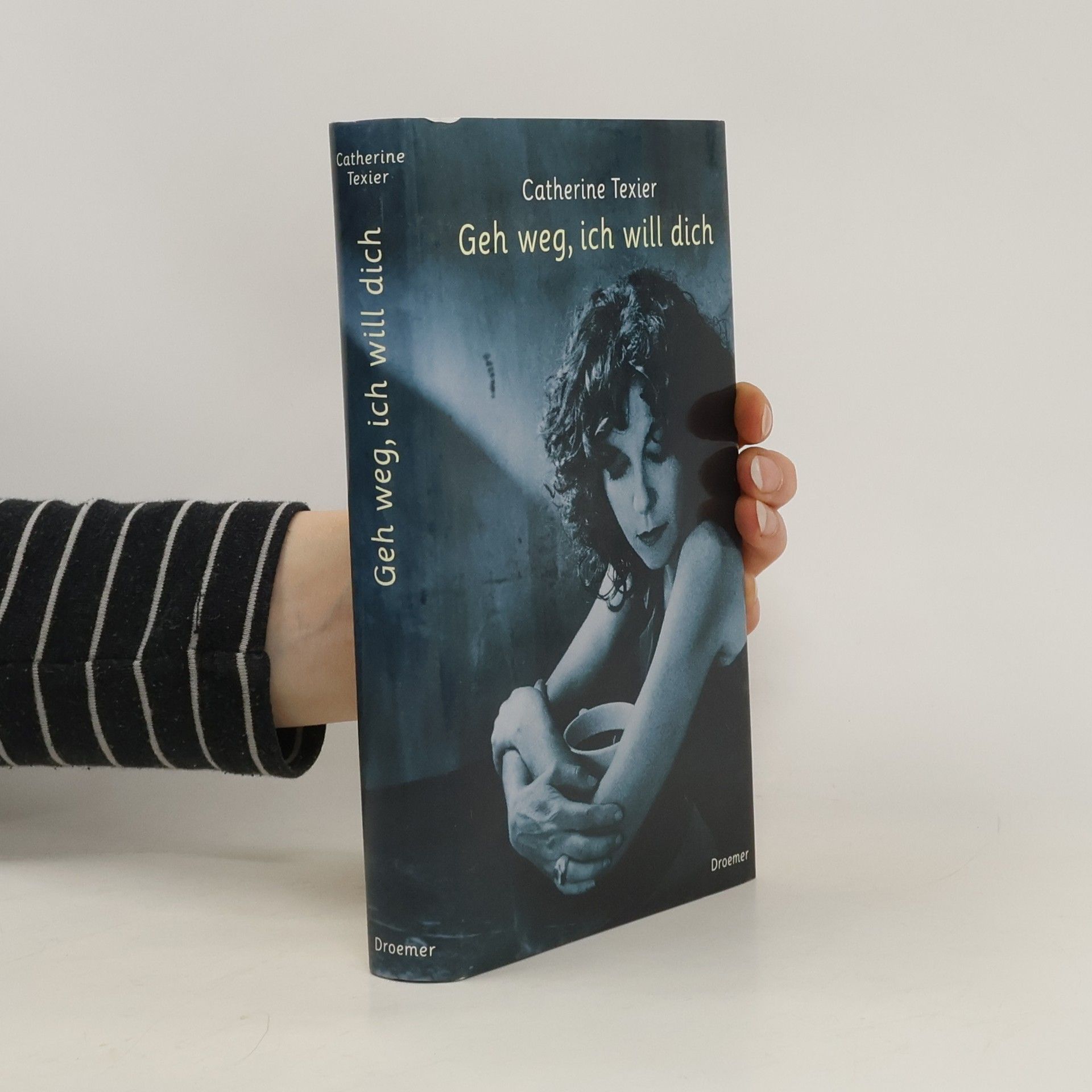Catherine Texier Bücher






Du warst mein Leben
- 232 Seiten
- 9 Lesestunden
18 Jahre lang hat Catherine Texier ihren Mann als Liebe ihres Lebens und Seelenverwandten gesehen. Doch nun liebt er sie nicht mehr. Für keinen der beiden ist es eine leichte Trennung: Immer noch besteht eine starke Anziehung, immer noch hofft die Autorin, er werde zu ihr zurückkehren. Wie sie Monate lang wütet, kämpft und liebt - zuerst, um ihre Ehe zu retten, dann, um sich aus ihr zu lösen - schildert Catherine Texier schonungslos.
Catherine Texier erzählt die Geschichte ihrer Grossmutter, die Ende des 19. Jahrhunderts ihren Mann und 2 Kinder verlässt, um nach Indochina zu gehen.
Ich suche die Freiheit. Roman
- 267 Seiten
- 10 Lesestunden
Ich rette nur meine Haut
- 267 Seiten
- 10 Lesestunden
Geh weg, ich will dich
- 232 Seiten
- 9 Lesestunden
Love Me Tender
- 224 Seiten
- 8 Lesestunden
Lulu, the heroine of this urgent novel, is a young French dancer who works in a downtown strip joint, the Blue Night Lounge. She inhabits a New York world where new, uncompromising styles of love, art, and experience are being born. Lulu wends her way from Julian, a junkie poet, to Henry, a wealthy, priapic Tribeca painter, to the local Puerto Rican boy, Mario. She shares her memories of a confused childhood in France with an older French woman and casts a cool yet passionately observant eye on her adopted city. Written with immediacy and raw intensity, LOVE ME TENDER is an authentic, sometimes shocking, always original slice of urban life, by an author with talent to burn.


